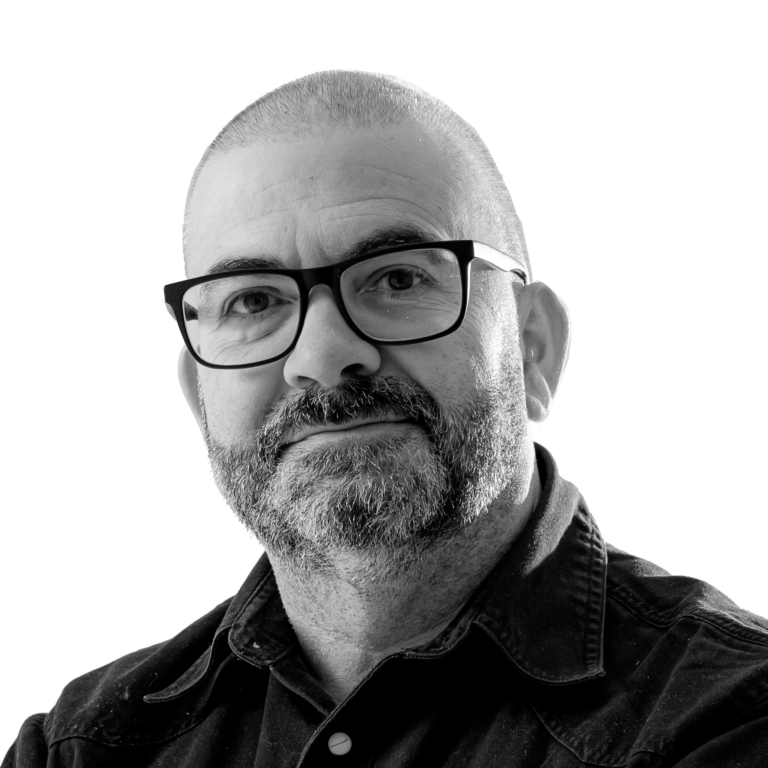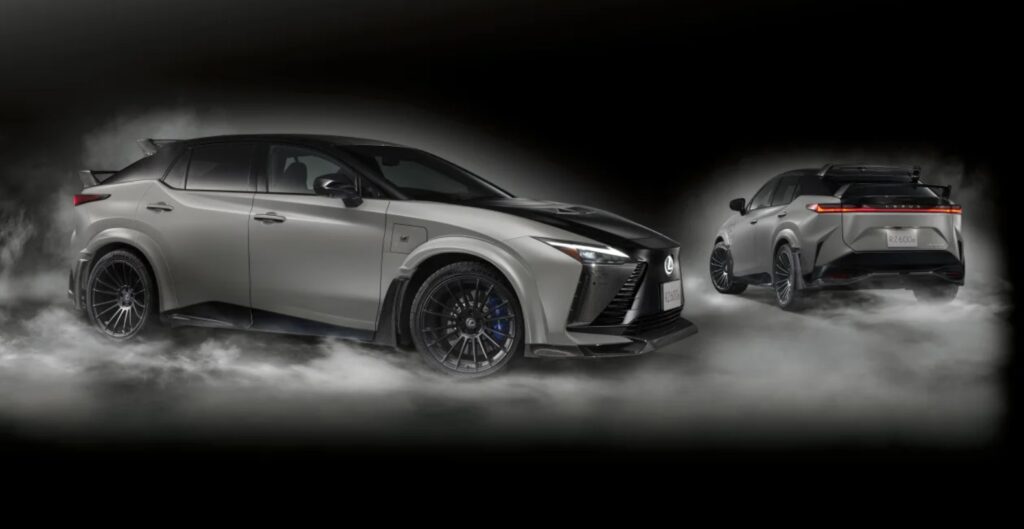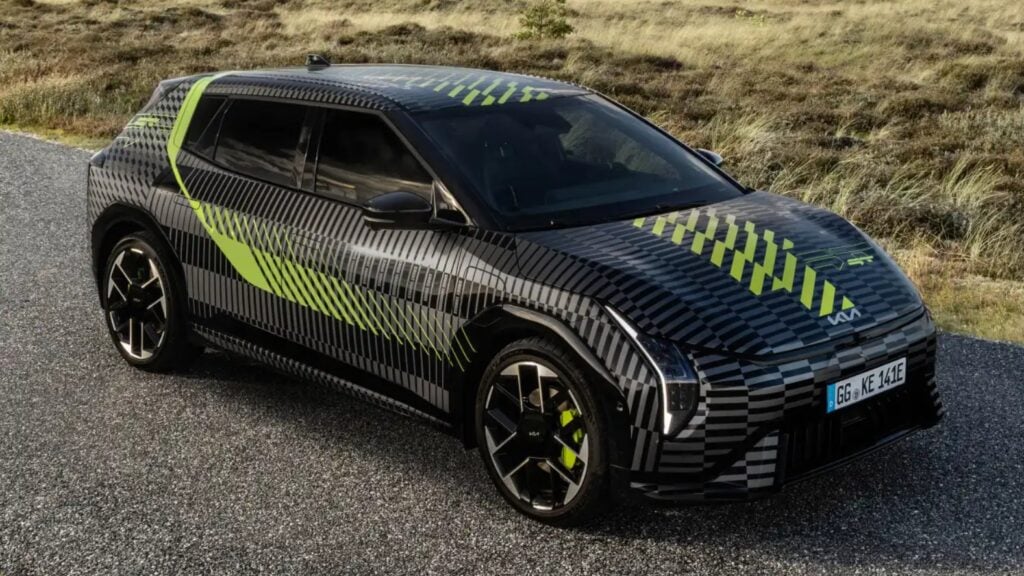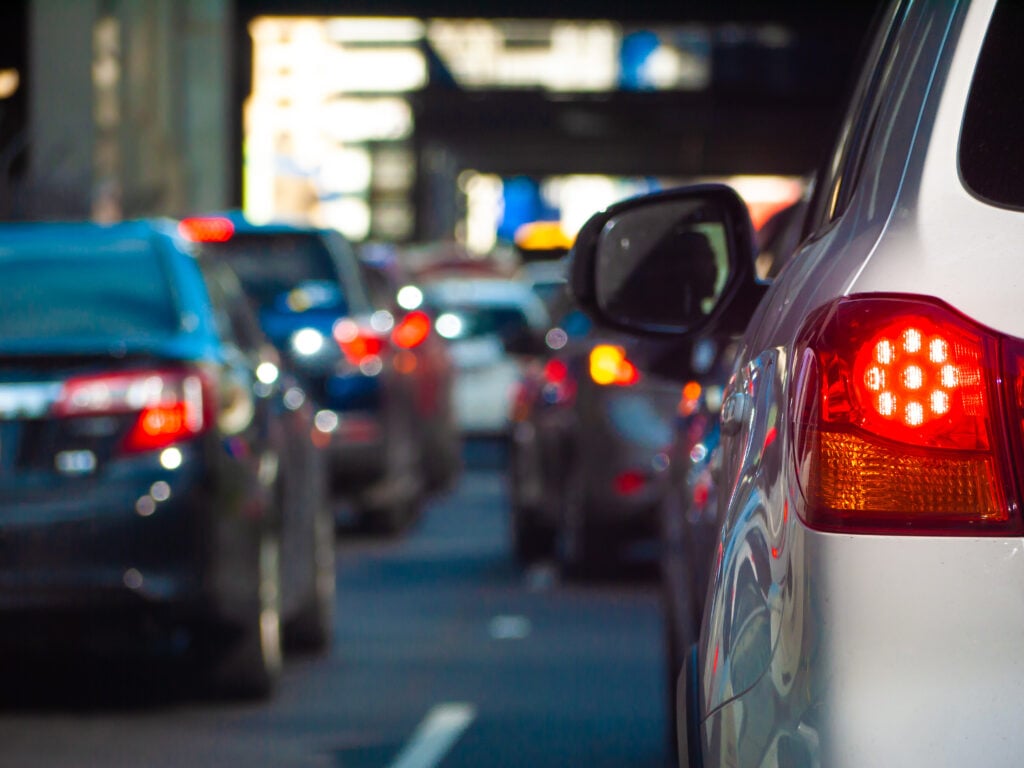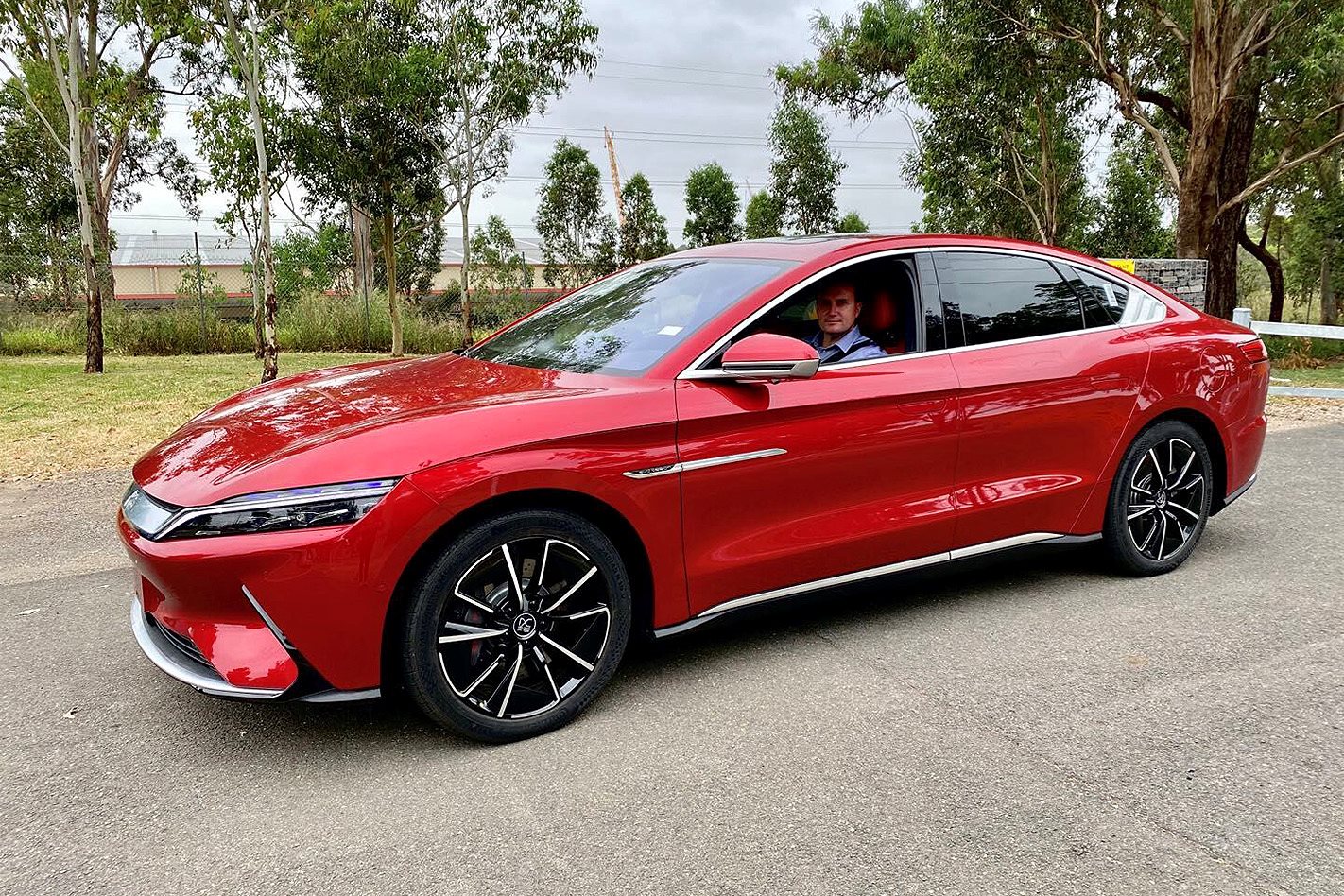
UPDATE, February 16: Chinese manufacturer BYD has confirmed its all-electric Han luxury sedan and Tang SUV will be available for presale in Australia in 2021.
BYD and its Australian distributor Nexport have signed a long-term agreement to partner local research and development, and distribution of BYD electric passenger vehicles.
Nexport had already teamed up with BYD to import electric buses, but this agreement marks an important step into the passenger vehicle space.
According to a joint statement: “The agreement is primarily aimed at delivering high quality electric vehicles at a price parity point to internal combustion engine vehicles.”
The Tang and Han will be available for presale in Australian and New Zealand from July 2021 and are scheduled to arrive in 2022.
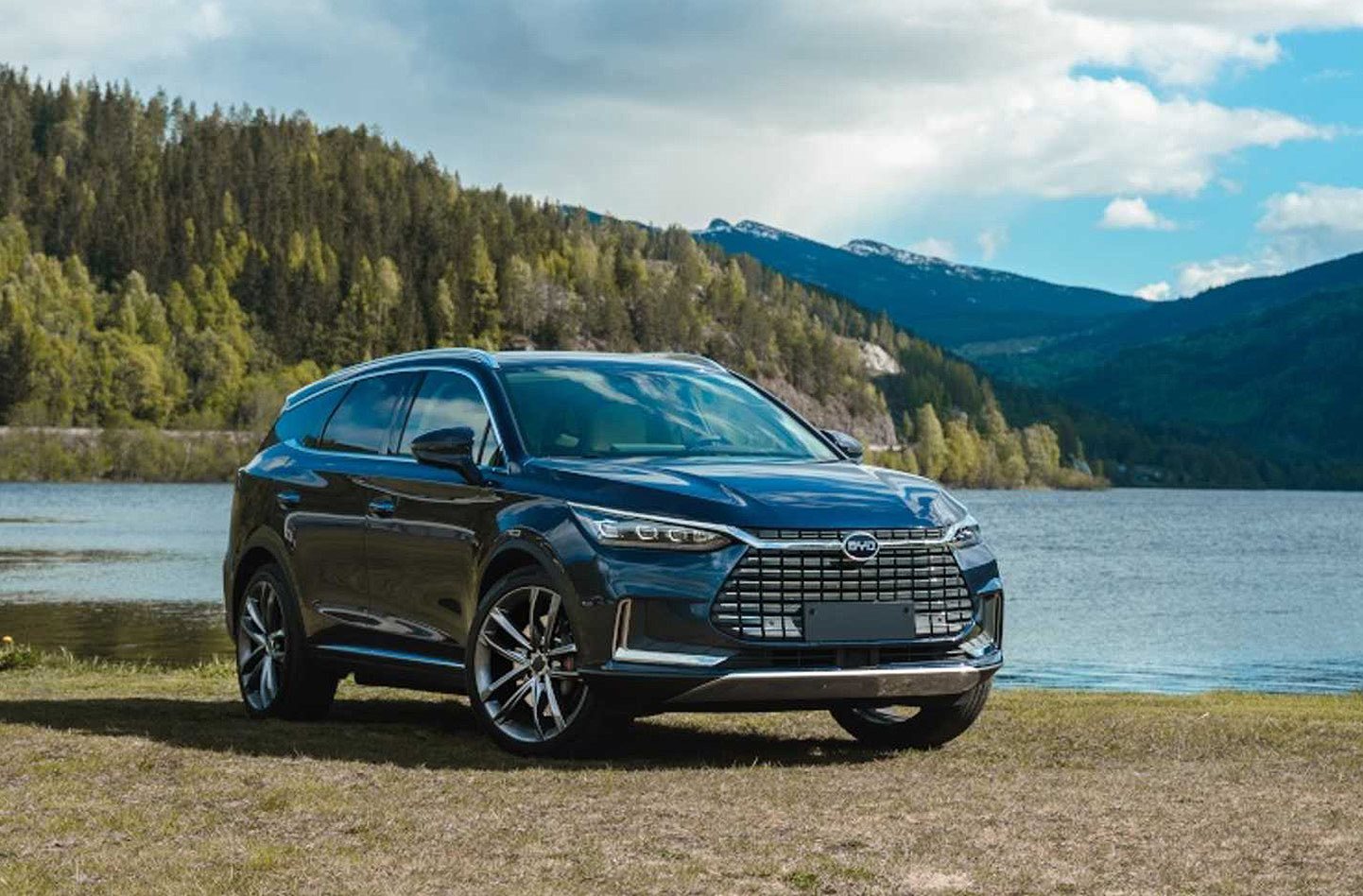
February 1, 2021: Chinese vehicle manufacturer BYD has quietly revealed its Han luxury electric sedan, which is set to go on sale in Australia.
BYD Australia revealed the Han’s presence in Australia via a LinkedIn post, claiming it can travel 0-100 km/h in 3.9 seconds “thanks to its 180 kW electric motor”.
It’s likely that two 180kW electric motors, one on each axle, will propel most powerful variant from 0-100km/h in 3.9 seconds.
It’s unclear when the Tesla Model S rival will go on sale here, but judging by the fact the pictured car is still a left-hand drive version, it might be some time.
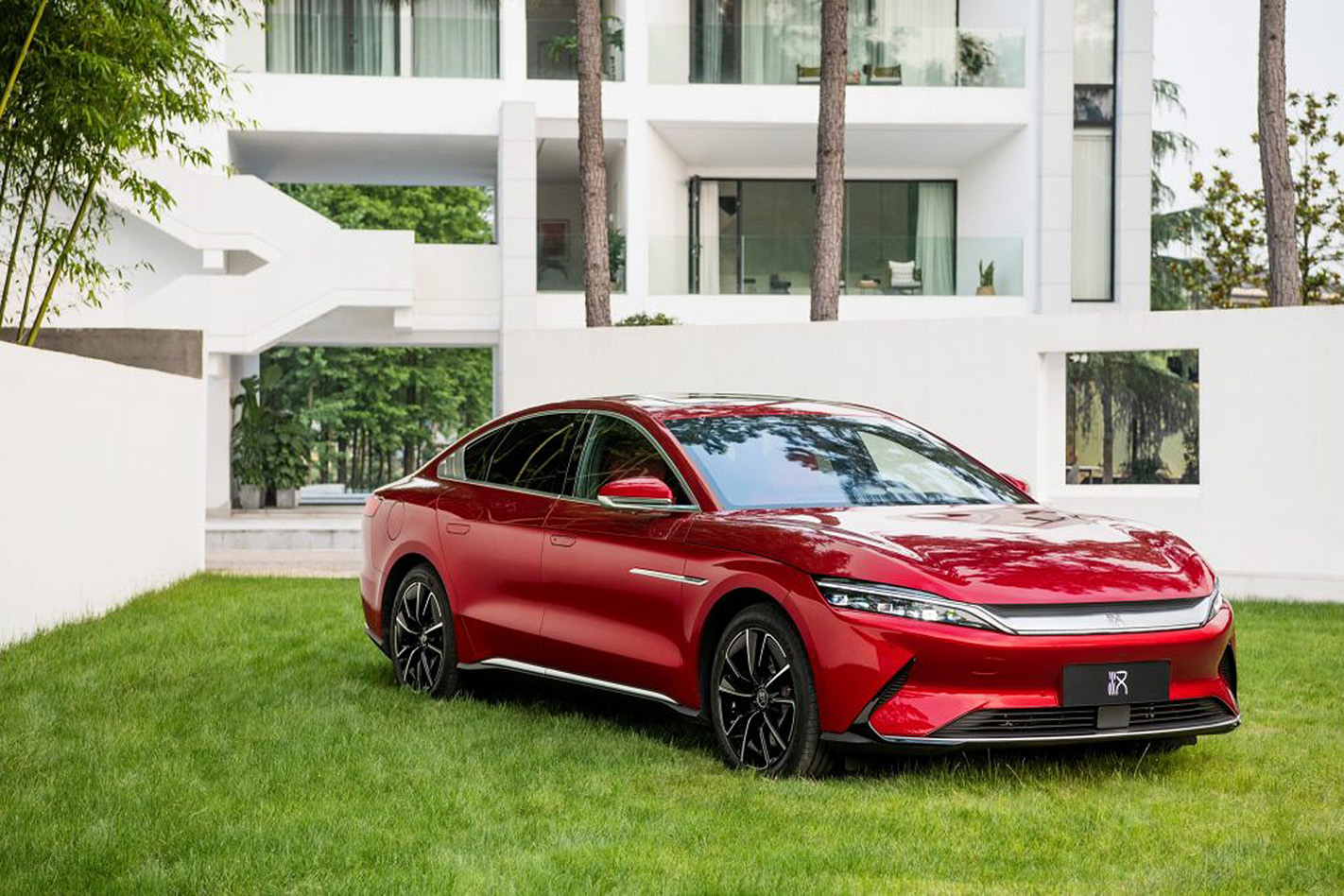
The post also stated it can travel up to 605km on the brand’s ‘ultra-safe’ Blade Battery, though that figure is reserved for the lesser-powered long-range version.
It’s also worth noting that range is according to the NEDC cycle and not the stricter WLTP European-standard figure, which is a still handy 560km.
BYD Australia is yet to provide details of which Han versions will be sold here.
The line-up includes the long-range version, an all-wheel-drive high-performance EV and a DM (dual-mode) plug-in hybrid version that runs a 2.0-litre petrol engine and 180kW electric motor, and which offers 4.7-second 0-100km/h performance.
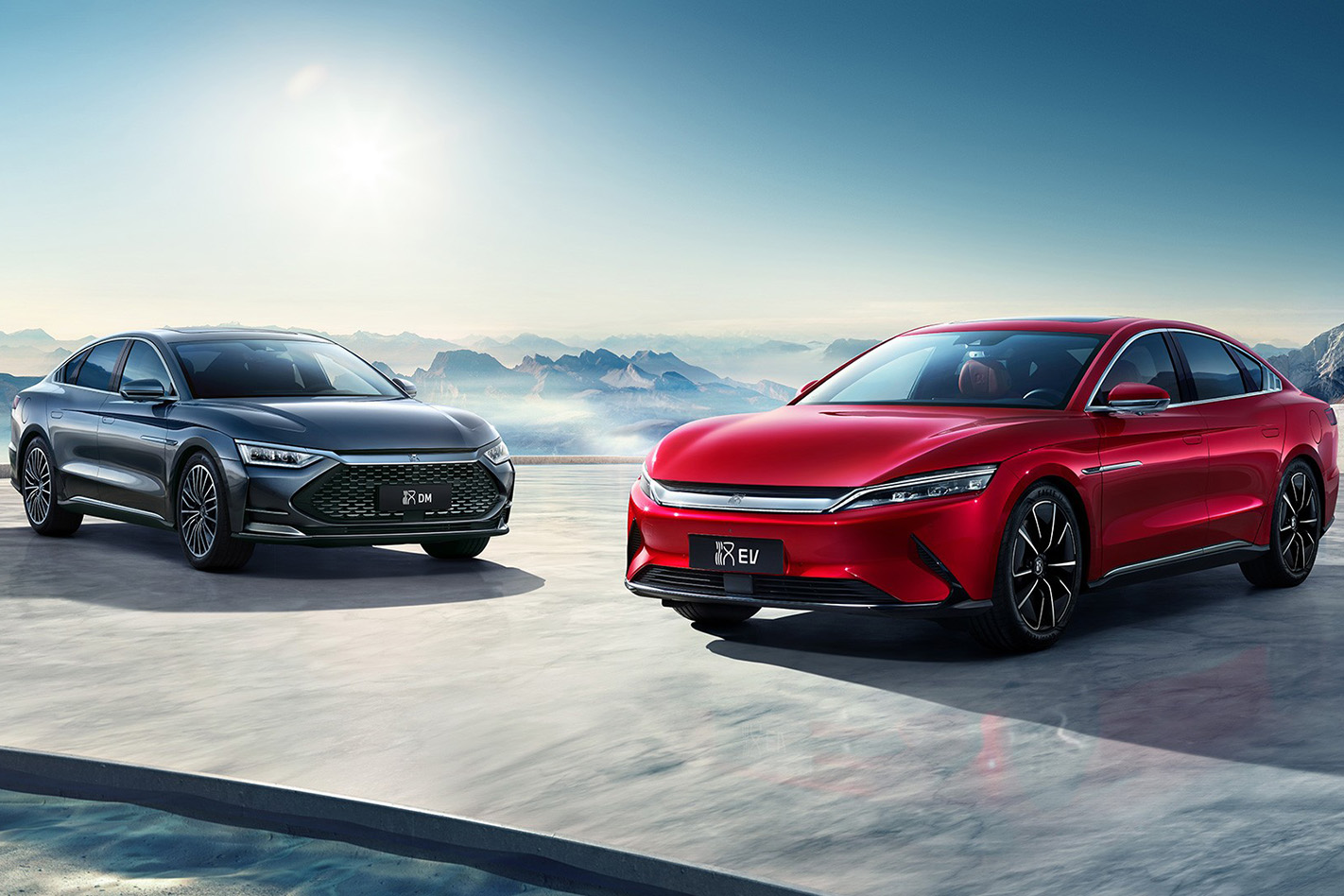
Technologies found in HAN include a lithium iron phosphate ‘Blade Battery’.
Related to the lithium-ion battery, the LiFePO4 battery isn’t quite as energy-dense but is lighter and more stable kilogram for kilogram.
Standard advanced driver assistance features adaptive stop-and-go cruise-control system, forward-collision warning system, pedestrian identification and protection system, lane departure warning system (LDWS) and traffic sign identification.
The system can selectively turn on assisted driving functions based on factors such as driving behaviour, road conditions, weather, and even driving age.
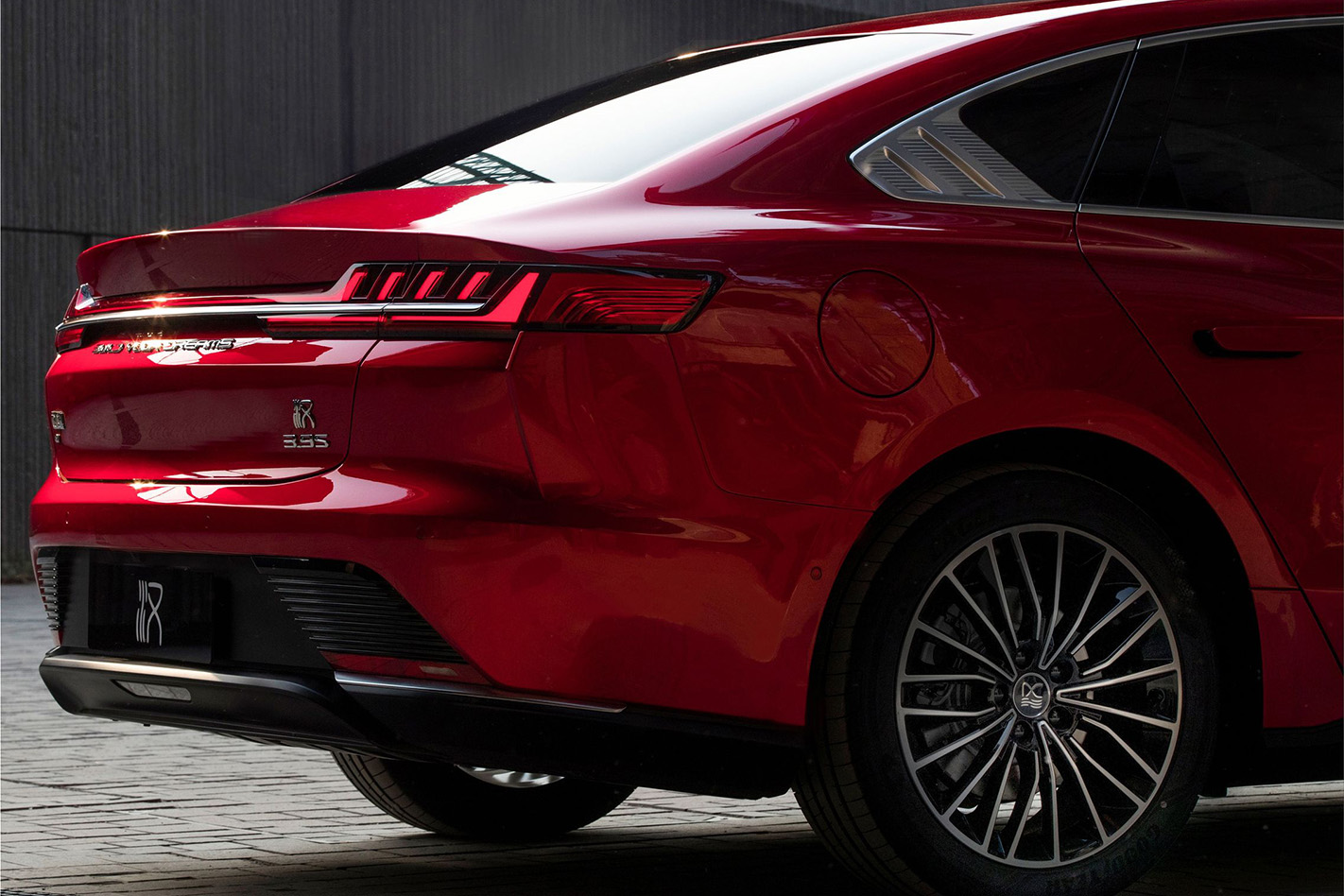
More advanced features are available as extra-cost options, including smart navigation that works with the car’s adaptive cruise control to gradually adjust to the speed of heavy traffic ahead.
Other safety features include 11 airbags and six cameras.
Already one of China’s top-10-selling EV models, the Han has been penned around BYD’s ‘Dragon Face’ design language that blends Eastern and Western aesthetics.
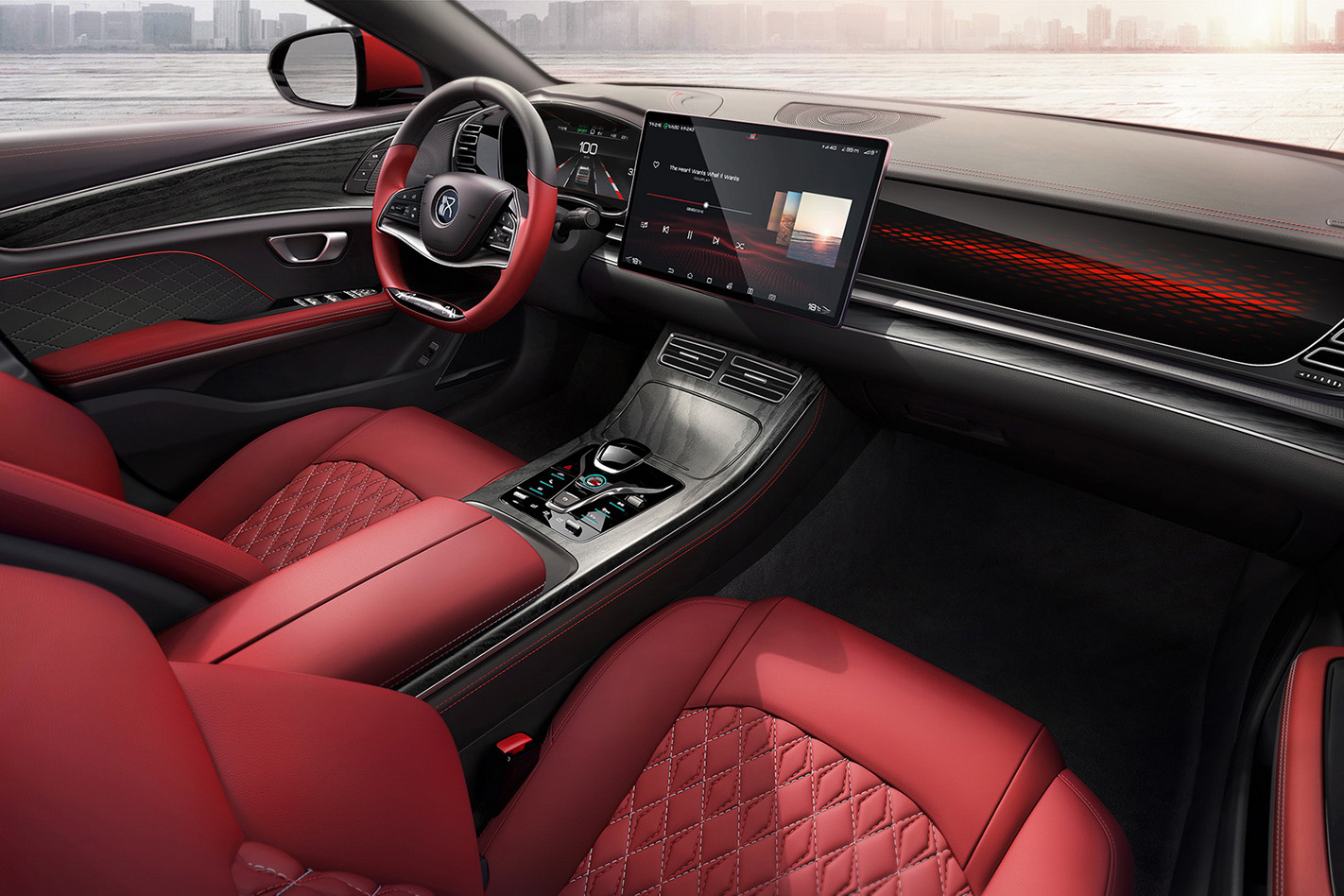
Interior trim includes solid wooden panels, Napa leather seats and aluminium bright points.
There is no word on Australian pricing but the Han range looks to be priced to match the Tesla Model 3 more than the Model S, having gone on sale in China last year priced from $44,500, $46,500 and $56,600 for the DM PHEV, long-range and 4WD high-performance EVs respectively.
BYD vehicles, including the Han and Tang electric SUV, will be distributed in Australia by zero-emissions transport company Nexport, which last year announced it was building a $700m factory in NSW to assemble electric cars and buses using BYD technology.
WhichCar has contacted Nexport for more details on the Han’s Australian launch.
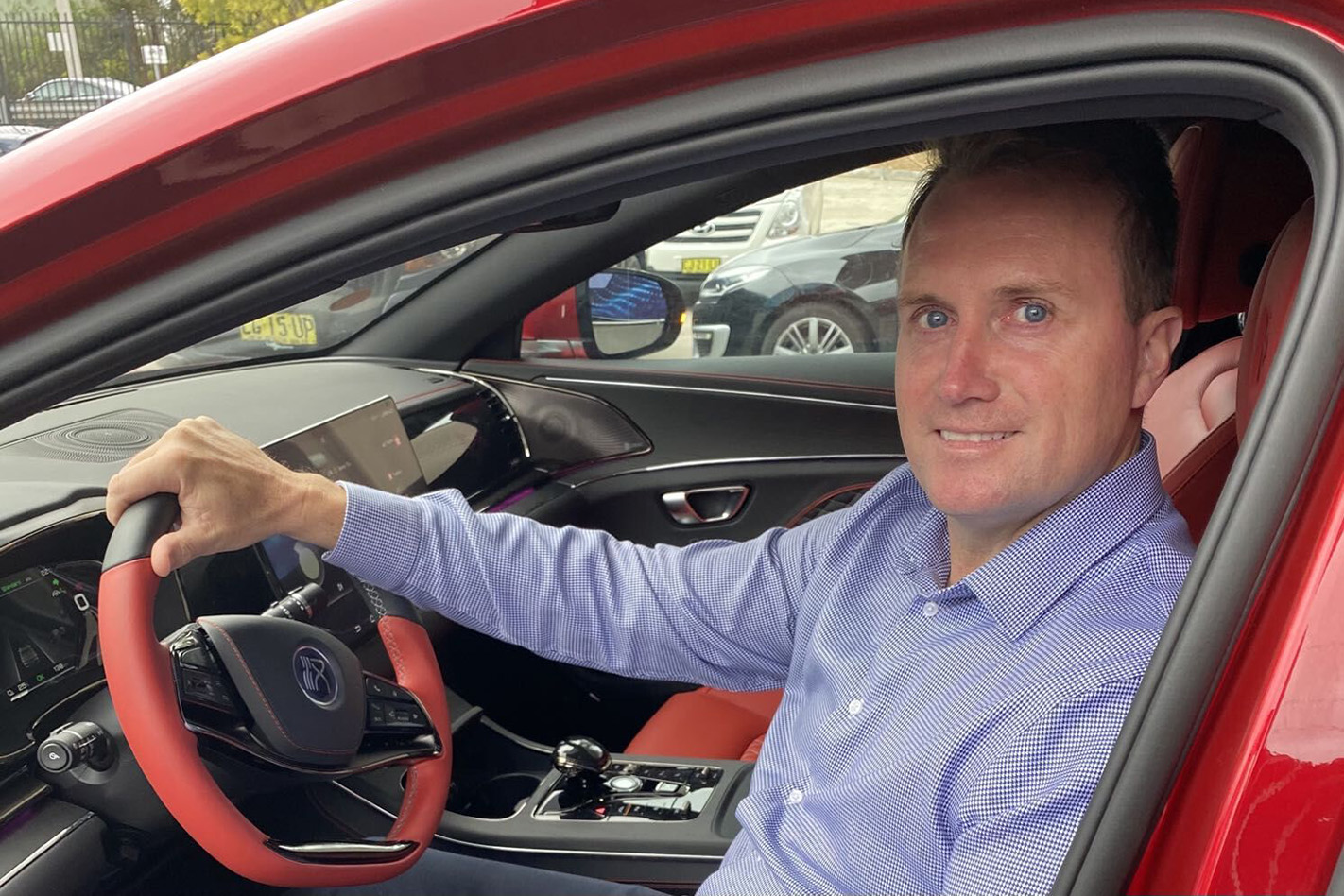
BYD is one of China’s largest privately-owned enterprises which, since its inception in 1995, has specialised in rechargeable battery technology and sustainable energy solutions, including solar power capture and storage and transport.
The company received a massive boost in 2008 when US billionaire investor Warren Buffet’s Berkshire Hathaway investment fund purchased 25 per cent of its shares.
